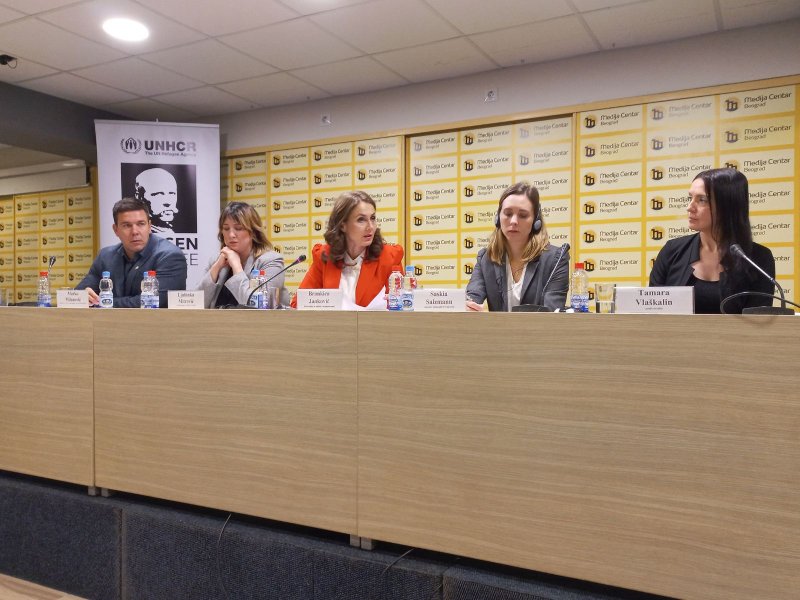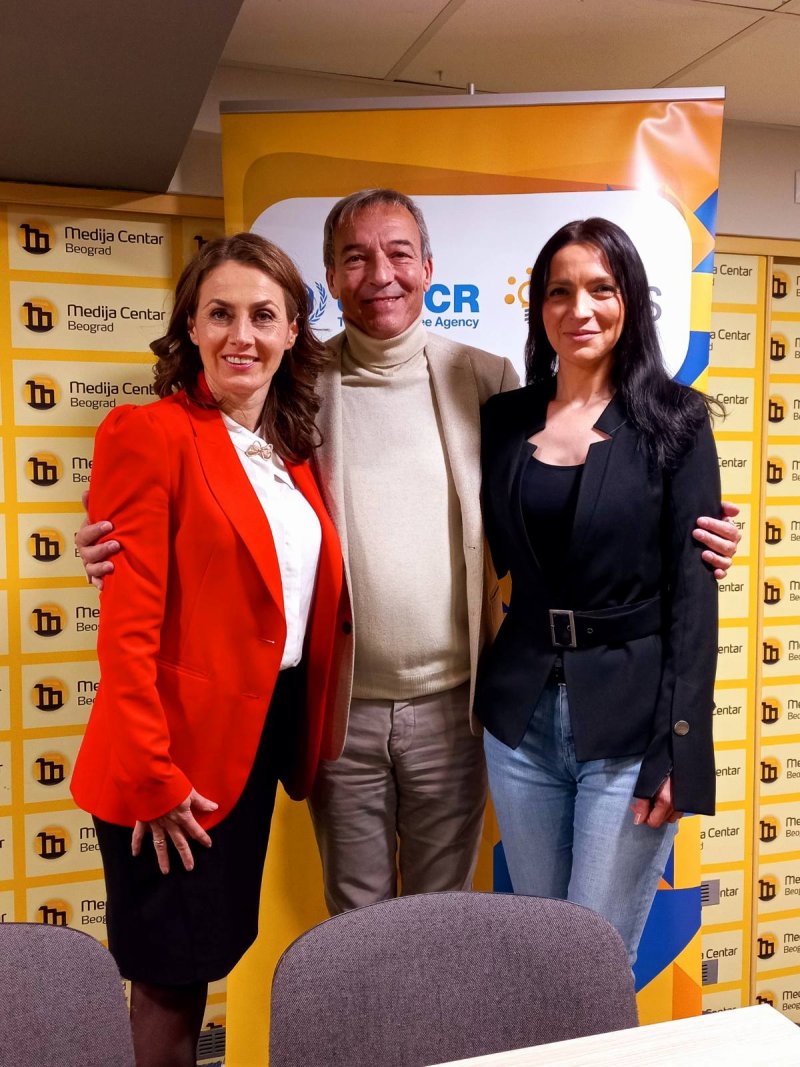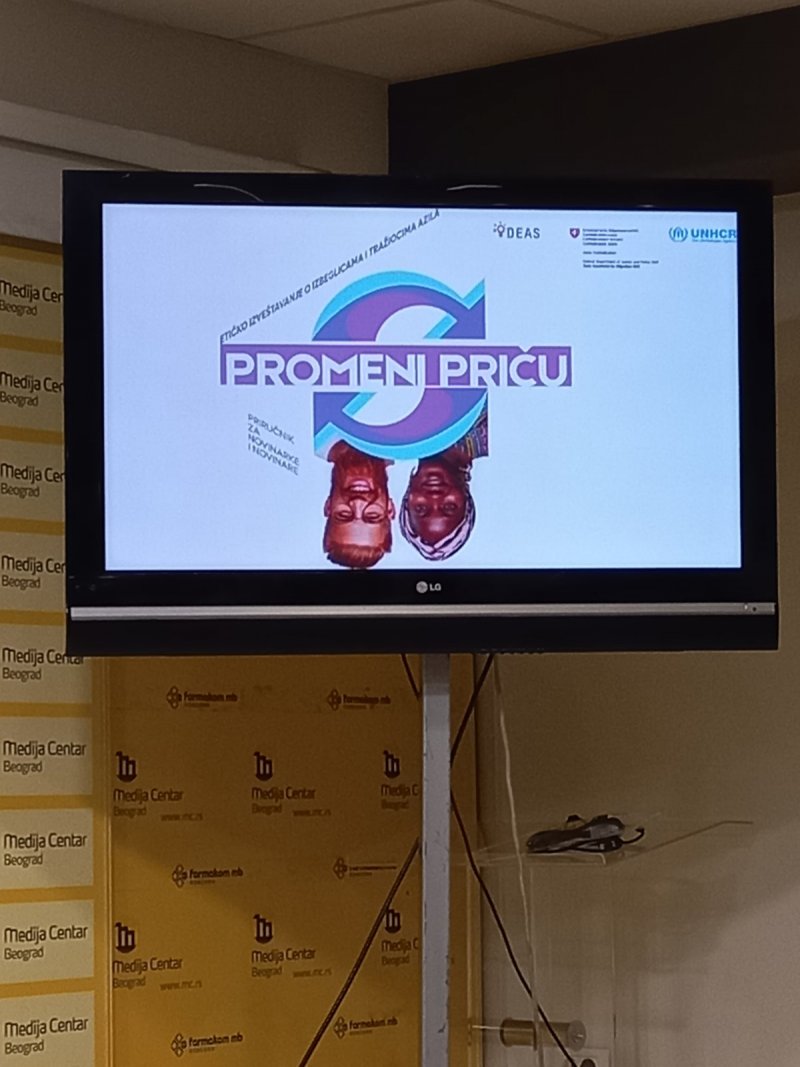Media reporting on refugees largely shapes the opinion of citizens, which is why it must be devoid of prejudice, sensationalism, and generalization said the Commissioner for the Protection of Equality, Brankica Janković, at the opening of the round table “Ethical Reporting on Refugees,” which was organized by the IDEAS Centre for Research and Social Development, the UNHCR representation in Serbia and the Embassy of Switzerland.
The Commissioner pointed out that research shows that in our society, there is a great social distance towards refugees and migrants, which is the result of the spread of unverified information and intolerance, primarily on social networks but also in the media, which often uncritically convey them. She pointed out that refugees can be exposed to discrimination not only because of their status but also because of other personal characteristics, such as gender, religion, and age, and that the Commissioner successfully completed the procedures for several complaints, which were mainly related to the refusal to provide service to refugees.
Janković welcomed the publication of the manual “Change the story” intended for ethical media reporting on refugees, which was presented at the conference, and reminded that the Commissioner had issued two manuals containing guidelines for non-discriminatory reporting for journalists: “Fight for equality” and “Media, gender and reporting in emergency situations”, which are available on the institution’s website.
Ljubinka Mitrović from the UNHCR representation in Serbia, Saskia Salzmann, Deputy Head of Mission of the Swiss Embassy, Marko Milanović, Director of IDEAS, and Tamara Vlaškalin, author of the manual, also spoke at the opening of the conference. The goal of the round table was to improve the information of journalists and media professionals and encourage cooperation with civil society organizations that deal with the protection of the rights of refugees and asylum seekers and other actors in the field, to achieve greater objectivity in reporting and prevent the publication of discriminatory content in the media.




